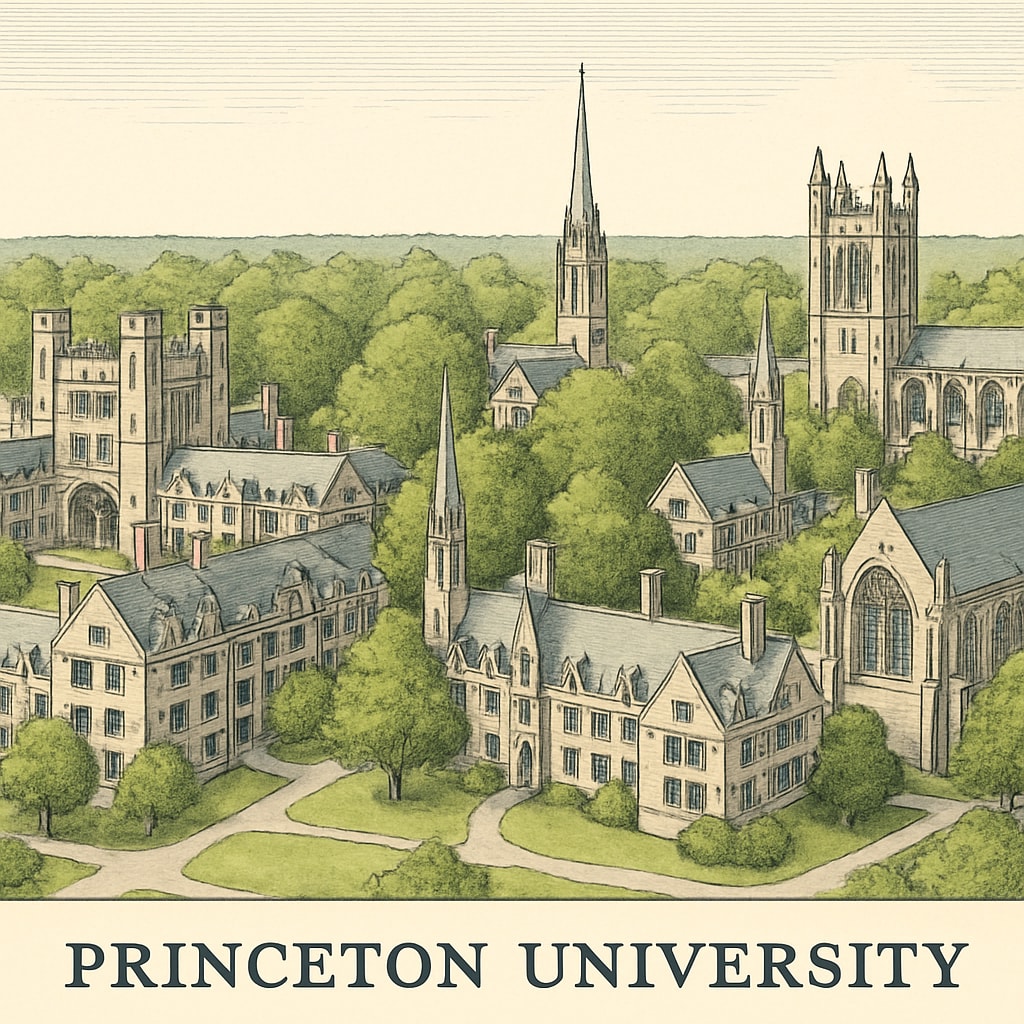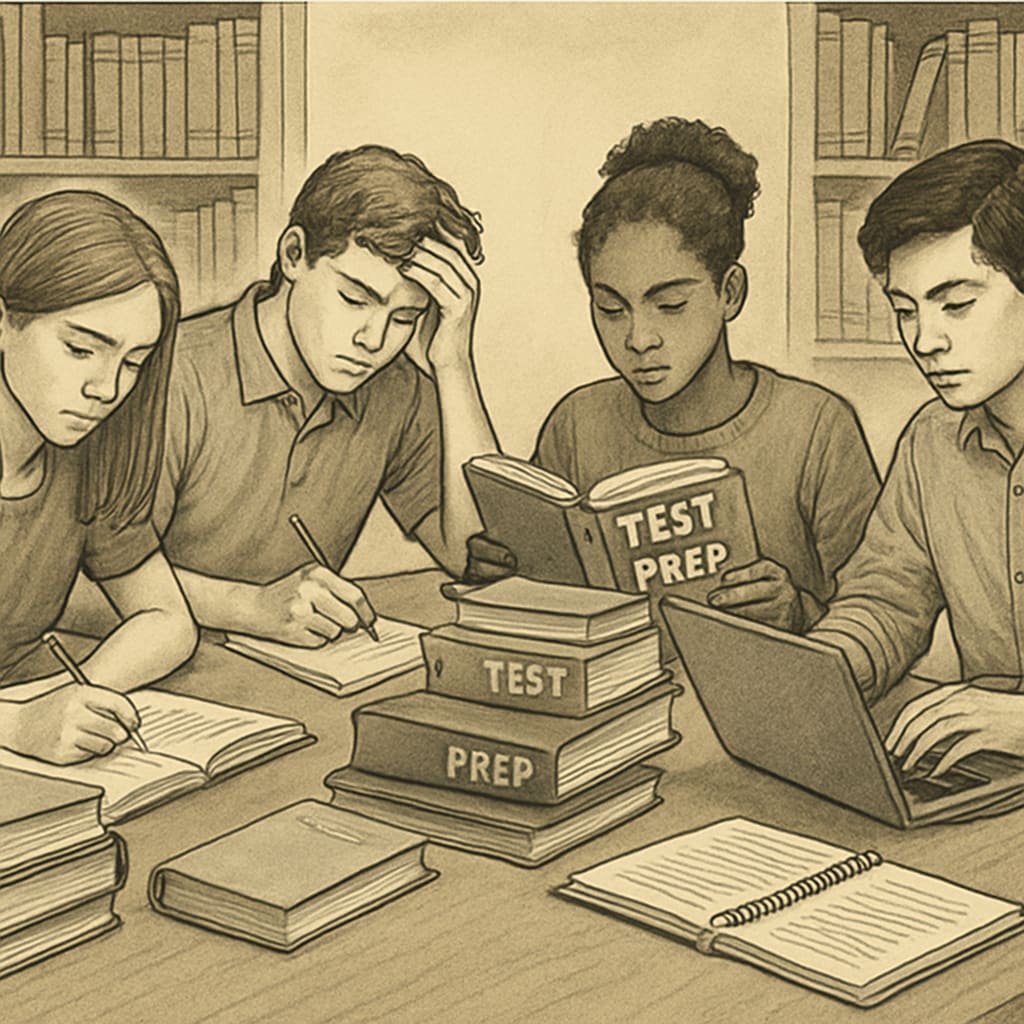Princeton and other Ivy League schools hold a near-mythical status in society, but are we overestimating their value? While these institutions undeniably offer world-class resources and opportunities, the overwhelming adoration for their prestige may be disproportionate. This article questions whether Ivy League schools are overrated and examines the broader implications of this elite education obsession on the K-12 education system.
Breaking Down the Ivy League Aura
The Ivy League, a group of eight prestigious universities in the United States, has long been synonymous with academic excellence and success. Schools like Princeton, Harvard, and Yale are often perceived as gateways to unparalleled career opportunities and social status. However, is this perception entirely accurate? Research suggests that the advantages of an Ivy League education may be overstated, particularly when compared to other reputable but less celebrated institutions.
For example, studies have shown that graduates from non-Ivy League universities with similar academic programs often achieve comparable levels of professional success. The advantage of attending an Ivy League school, therefore, may lie more in the network it provides rather than the education itself. As a result, many question whether society’s fixation on these schools is justified.

The Impact of Elite Education Worship
The obsession with Ivy League schools has profound implications for the K-12 education system. Parents and students often prioritize college admissions over holistic learning, leading to undue stress and a narrow focus on academics. The rise of test preparation industries and college counseling services further underscores the extent to which the Ivy League dream has influenced educational priorities.
Moreover, this elite education worship exacerbates inequality. Wealthier families can afford the resources necessary to give their children an edge in the admissions process, from private tutors to extracurricular opportunities. As a result, the Ivy League often serves as a reflection of privilege rather than merit.

Reevaluating the True Value of Higher Education
It is essential to shift the focus from the brand name of a university to the quality of education and personal growth it offers. Non-Ivy League schools often provide equally rigorous programs and diverse opportunities for students. Additionally, these schools frequently foster environments that encourage innovation and individuality, traits that are vital in today’s dynamic job market.
By reevaluating the true value of higher education, society can mitigate the pressure placed on students and parents. A more balanced perspective would not only benefit individual families but also help create a more equitable and inclusive education system.
Readability guidance: Use short paragraphs and lists to summarize key points; aim for concise and accessible language. Ensure a natural flow with transitional phrases like “however,” “in addition,” and “as a result.”


